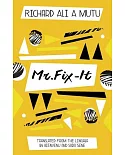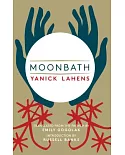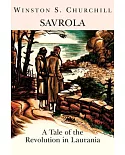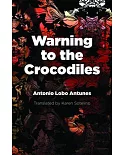Originally published in 2005, Vienna Metropolis, like Heimito von Doderer's great novel The Demons before it, represents an interlinking series of individuals living in Vienna. But unlike von
Doderer's work, which revealed events that led up to the German Anschluss, Rosei's novel concerns the great Austrian city after World War II. Yet Rosei's Vienna is not at all the black and
white Expressionist-like world of Carol Reed's film, The Third Man, a world reminding everyone - characters and readers both - of that great city's monstrous acts and the culture's fall from
grace. Instead, Rosei's figures, caught up in a society of avoidance, pick up existence as if the War had not occurred, attempting to ignore or outrun their terrible past in a rush for money
and success. Even in their achievements, however, they discover they have no lives, that their beautifully reconstructed city - as a character who appears late in the novel argues - is "nothing
but a playground of stupidity and beastliness, of beastliness and stupidity, where nothing but baseness ever prevails, or at best the ridiculous." Like the frieze on the corner apartment where
this fiction begins - a depiction of "an oversized male head with the flowing beard of a prophet," lips sealed, eyes wide-open in a blind stare - Rosei's characters of post-war Vienna are souls
that have lost track of themselves in their "joy-crazed adaptation to existence."
This profound and moving novel introduces one of the great Austrian writers to the English-speaking audience.





















